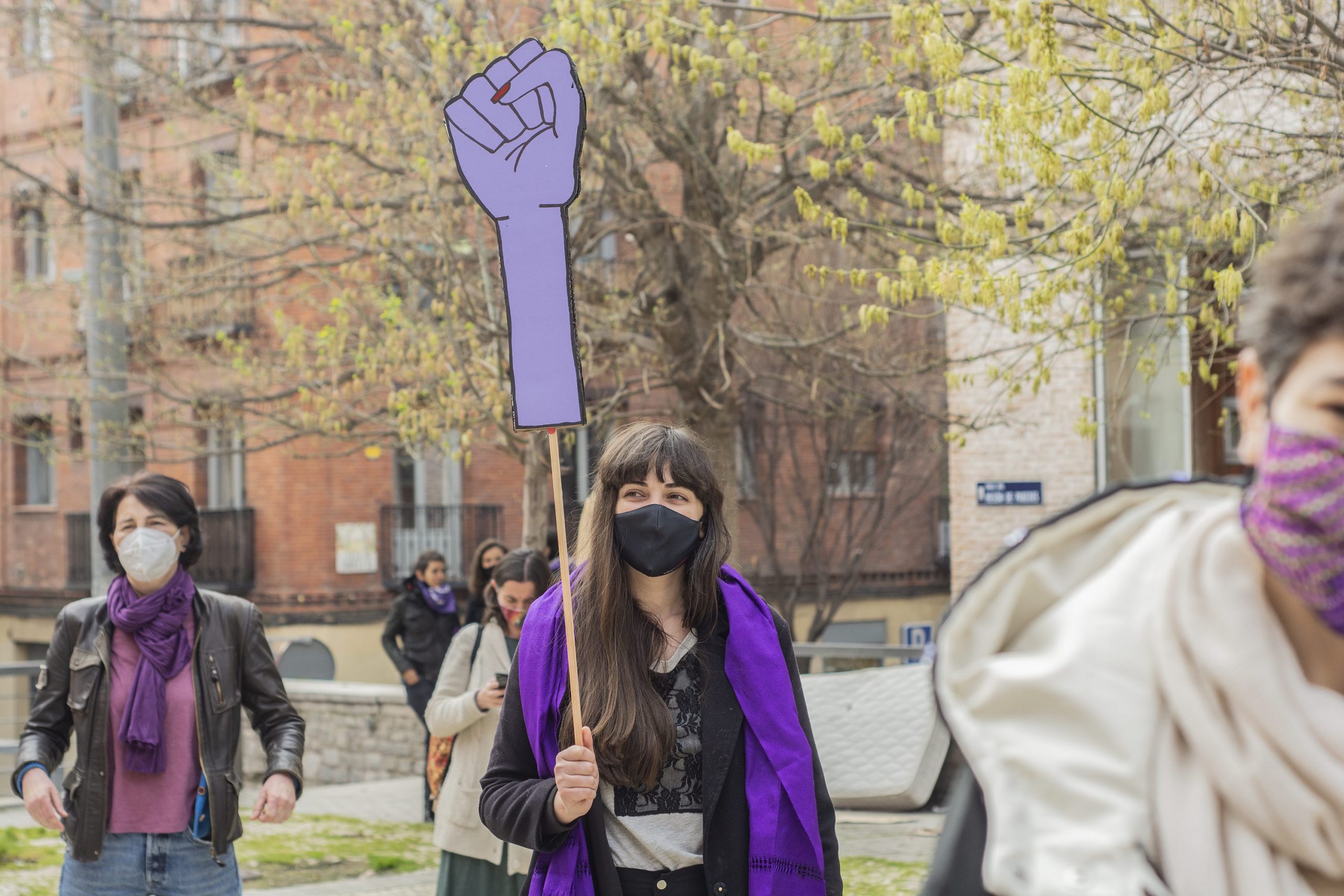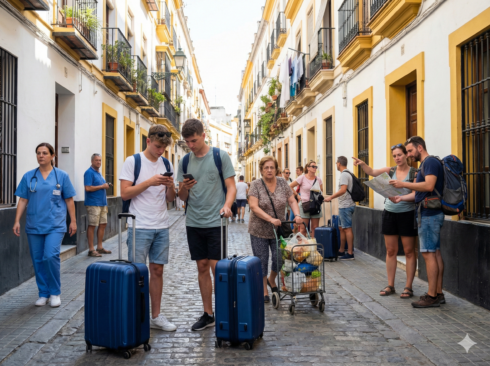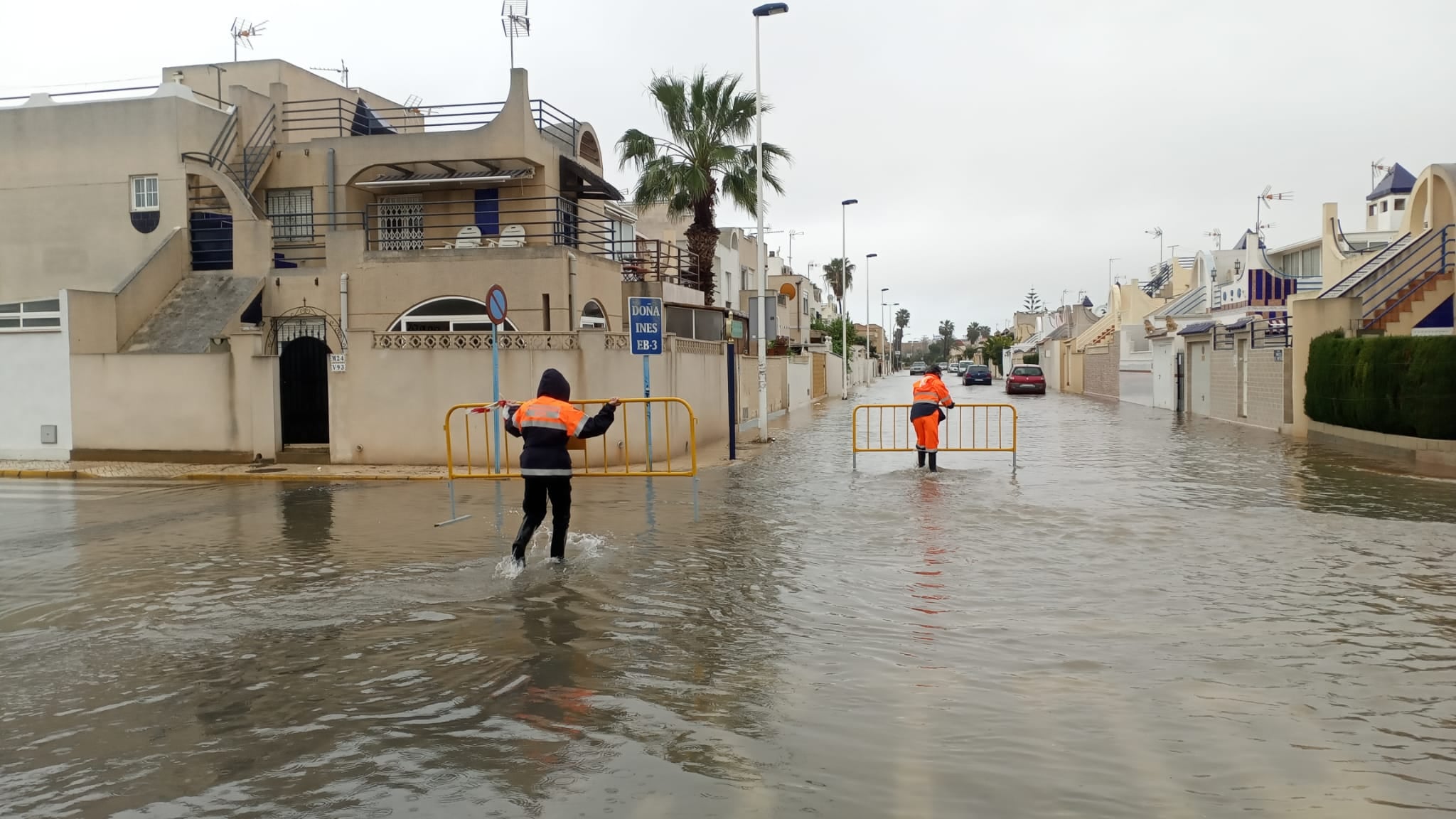In previous years March 8th was a day when I would meet up with a group of friends and we would hit the streets of Madrid joining tens of the thousands of others in huge demonstration to mark International Women’s Day.
We would don purple items of clothing and join in the protests that attracted people from all walks of life and across the generations – both men and women, boys and girls.
There was a carnival atmosphere as people of all ages, from grandparents to toddlers hoisted on shoulders above the crowds, come together in a sea of purple brandishing signs with powerful slogans to show that modern Spain means equal opportunities, whatever gender you are.
But the protests also underlined how much there was still to do; women may now be fully accepted in the work place but they are still penalised by a gender pay gap, violence against women is still recognised as a major problem in Spain and we are witnessing the rise of Spain’s political far right and with it a denial of gender inequalities.
This year with Spain still in the grip of the pandemic, there are no mass protests with authorities banning gatherings in a bid to avoid what could very well become super-spreader events but the health crisis has highlighted and even compounded some of the inequalities in society.

Working from home conditions has seen a steep rise in mental health issues with women bearing the brunt of the burden of childcare and housework as they try to balance work life with home-schooling and care for their elderly relatives.
When Spain went into lockdown last March, the number of gender violence incidents soared with Spanish authorities reporting an 18% rise in calls during the first fortnight alone.
A survey conducted by DYM in the run up to Women’s Day revealed that 7% of women had suffered physical or psychological abuse from men during 2020.
According to the latest data, women made up 93% of those who gave up employment during 2020 in Spain citing reasons of caring for minors, elderly or sick relatives a figure that represents one in five women according to a survey by online community MalasMadres.
During the second quarter of last year, a period that coincided with Spain’s strict lockdown 61,000 women gave up their jobs to care for others compared to just 6,500 men and throughout the year.
And when it comes to the workplace itself, the proportion of women in managerial positions in Spain remains around a third of that of men with the ration dropping even further as careers progress.
Spain’s female executives earn 15.1 percent less than their male counterparts, although this is just below the EU average salary gap of 16 percent according to the latest Eurostat data from 2017.
This inequality is highlighted in the statement issued by Spain’s government on March 8: “Women in Spain work more than men today, but they are poorer.”
Of course there are still reasons to be positive and to celebrate just how far women have come in Spain.
Spain may yet to have its first female prime minister but is has the largest share of women in any European legislature with women representing 47 percent of elected MPs, a bigger proportion of female lawmakers than even Sweden.
More than half of Pedro Sanchez’s cabinet is comprised of women – each one impressively qualified for their role – with women holding key ministerial positions including Foreign Minister and Health Minister, two of the most important briefs in the current political climate.
We’ve come a long way since the end of the dictatorship when a woman had to have her father’s or husband’s permission to travel and couldn’t open a bank account.
But there’s no room for complacency, and the coronavirus crisis has highlighed just how far we still have to go.
READ ALSO:
- Malaga village pays tribute to rural women in dramatic urban art piece for International Women’s Day
- “I was fearless”: How tragedy led one Costa Blanca woman to strive for success
- FOCUS: How a British woman in Spain who lacked the confidence to talk about politics became a leading campaigner
Click here to read more News from The Olive Press.








